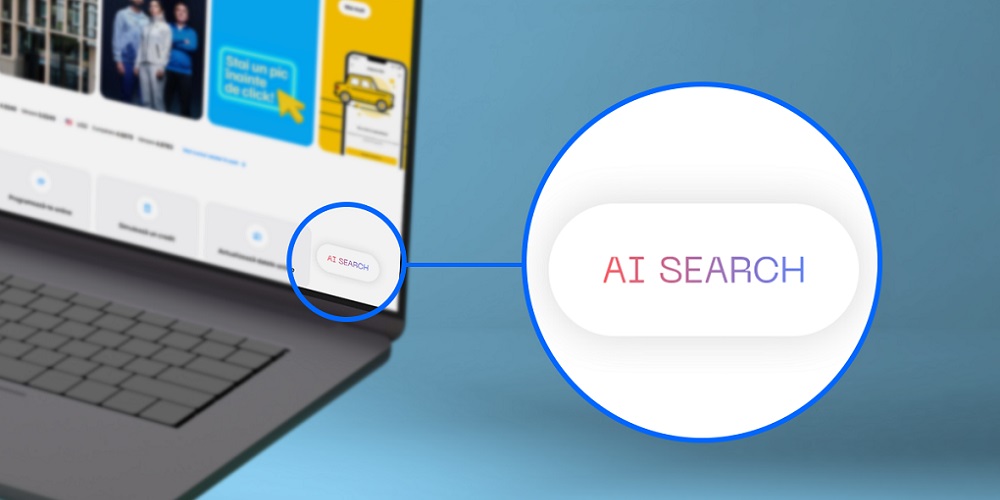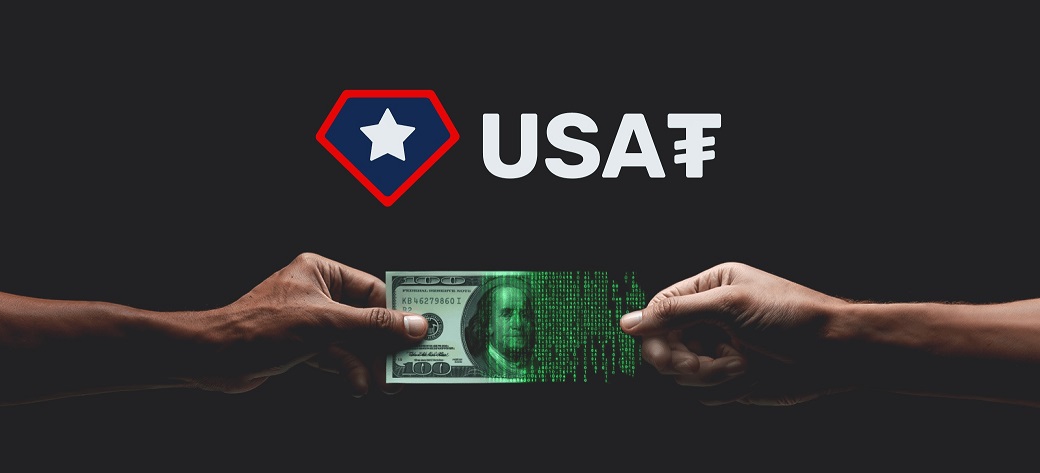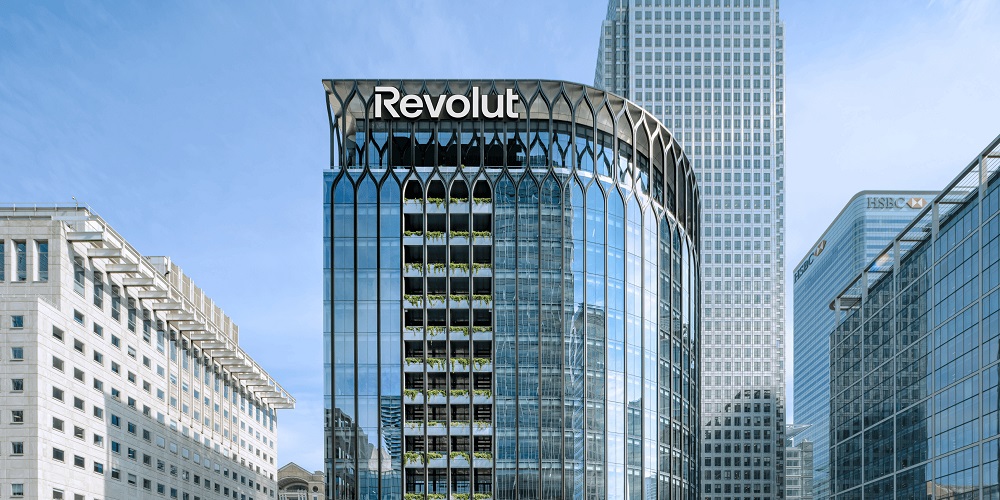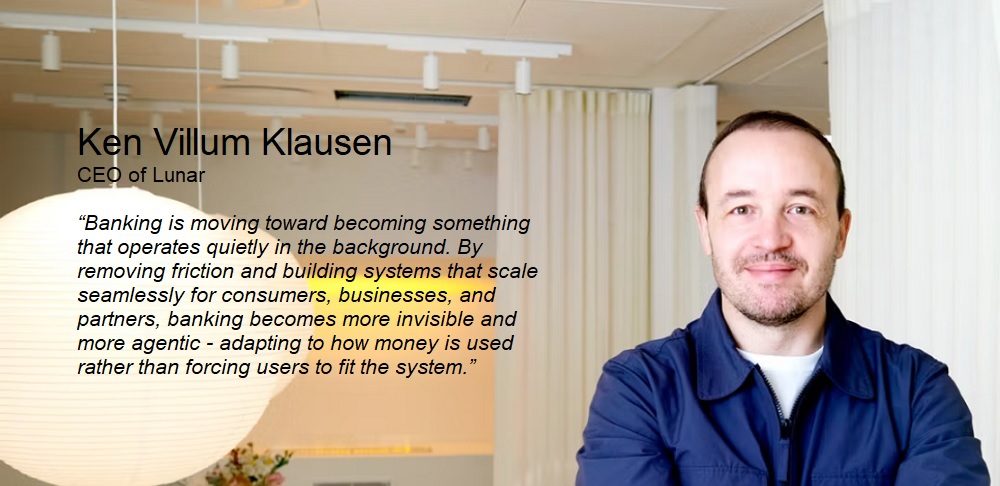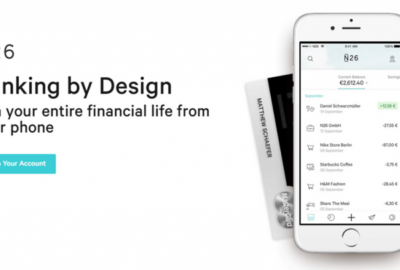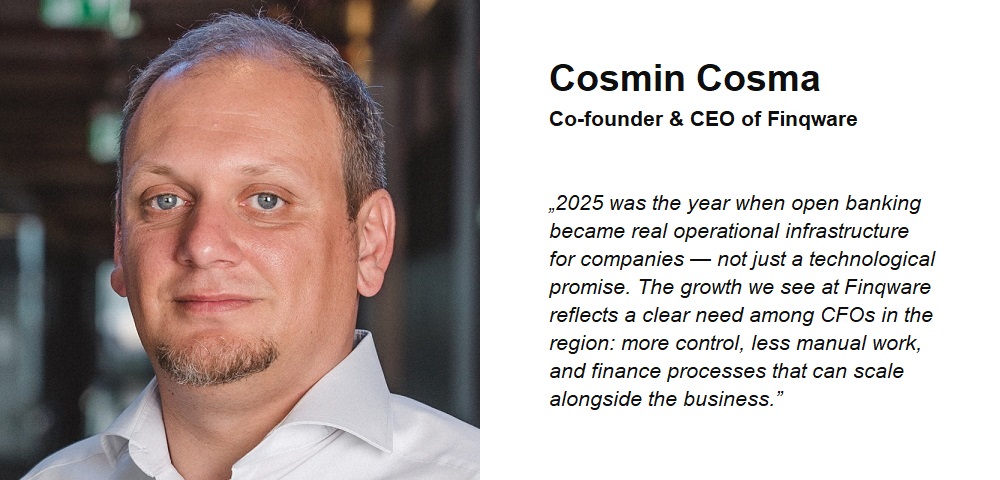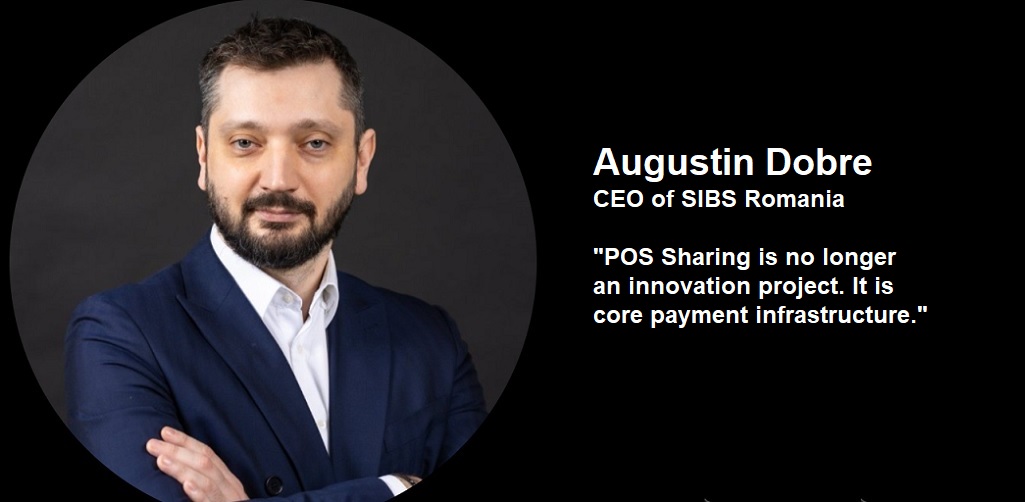South Korea a cashless society – central bank plans to get rid of the metal coins by 2020
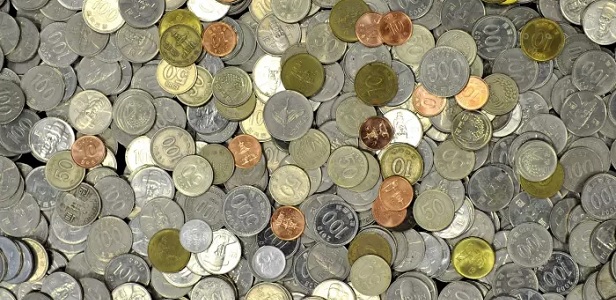
Hand over your coins. That is the message being sent by the central bank in South Korea as one of the world’s most technologically advanced and integrated nations eyes the advent of a “cashless society”. The first step is to get rid of the metal, a feat authorities hope to achieve by 2020.
The Bank of Korea on Thursday announced it will step up its efforts to reduce the circulation of coins, the highest denomination of which is worth less than $0.50.
As part of the plan it wants consumers to deposit loose change on to Korea’s ubiquitous “T Money” cards — electronic travel passes that can be used to pay for metro fares, taxi rides and even purchases in 30,000 convenience stores.
The proposals are just the latest step for a nation at the forefront of harnessing technology to make citizens’ lives more convenient. Online shopping is the norm, as are mobile payments for the country’s tech-savvy millennials.
South Korea is already one of the least cash-dependent nations in the world. It has among the highest rates of credit card ownership — about 1.9 per citizen — and only about 20 per cent of Korean payments are made using paper money, according to the BoK.
But while convenience is at the crux of the central bank’s plan, there are other considerations. The BoK spends more than $40m a year minting coins. There are also costs involved for financial institutions that collect, manage and circulate them.
“When we make a 10 won coin, it costs more than 10 won,” said Lee Hyo-chan, head of research at the Credit Finance Institute in Seoul, adding that “if Korea goes coinless, it is good for both customers and sellers as sellers will not need to prepare enough coins for their business”.
There is also hope that the shift towards electronic payments will help shrink the informal economy, boost the state’s coffers and boost overall growth.
“We can save a lot of cost by not using cash,” said Kim Seong hoon, a researcher at the Korea Economic Research Institute. “If we abandon cash, we could see 1.2 per cent extra economic growth a year. A cashless society can help us tackle low growth, low inflation and the low-interest environment.”
But for Mr Lee, the move will require a broader shift of habits in an ageing population.
“If Korea wants to go cashless in the long term, first of all people will need to change their mindset when it comes to handing out cash in traditional settings, such as markets, churches or family events like weddings,” he said.
Globally, Scandinavian countries are leading the charge towards cashless societies. More than half of Sweden’s 1,600 bank branches neither hold cash nor take cash deposits. Norway’s biggest bank, meanwhile, this year also called for a cashless society.
Last month India also entered the fray after Prime Minister Narendra Modi took aim at the nation’s glut of black money by declaring high-denomination currency notes invalid.
Source: Financial Times
Dariusz Mazurkiewicz – CEO at BLIK Polish Payment Standard
Banking 4.0 – „how was the experience for you”
„To be honest I think that Sinaia, your conference, is much better then Davos.”
Many more interesting quotes in the video below:
